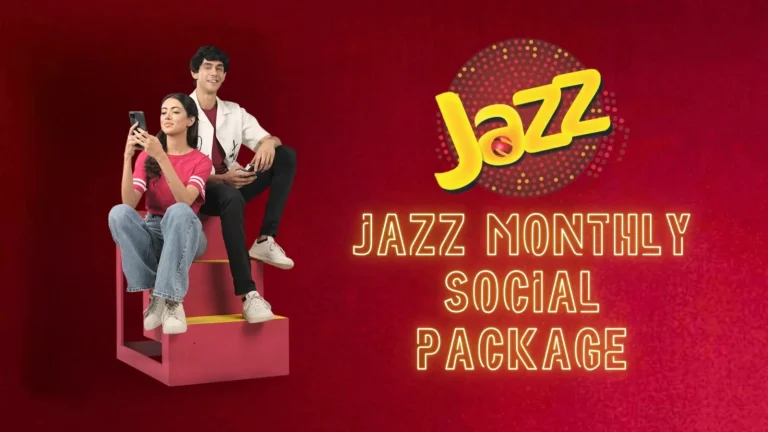Common Regrets Shared by Color Prediction Enthusiasts
Color prediction games have carved out a niche in the world of online gaming. With simple mechanics and the potential for instant gratification, they appeal to players seeking both entertainment and occasional rewards. However, like any trend that mixes fun with high emotional stakes—especially when money is involved—many players eventually reflect on their experiences with a blend of excitement and regret. These regrets, commonly echoed in online communities and forums, offer a deeper understanding of the psychological and behavioral patterns that color prediction games often trigger.
Misjudging the Nature of the Game
One of the most frequent regrets expressed by tiranga app colour prediction enthusiasts is underestimating the nature of the game. Initially perceived as a casual, harmless pastime, color prediction games often lead players into repeated cycles of hope and disappointment. Many enthusiasts enter the space thinking they are engaging in a skill-based challenge. While pattern recognition and probability may play a role, the randomness of outcomes often overrides strategy.
This misjudgment causes players to overestimate their control over results. When losses start accumulating, they are often met with disbelief and frustration, as players realize that what felt like skill was actually a mirage of chance. This realization often comes too late, after time and money have already been spent.
Overconfidence After Early Wins
Another regret commonly shared is related to early success. Many players experience an initial winning streak, which builds their confidence and fosters the belief that they have figured out the system. These early wins often lead to larger bets and riskier decisions, under the false impression that success can be consistently replicated.
When the tide inevitably turns, players find themselves chasing past performance, trying to win back what was lost. In hindsight, many admit they wish they had stopped while they were ahead. The illusion of control, fueled by early rewards, turns into a painful lesson once losses begin to mount.
Ignoring the Importance of Budget Control
Lack of financial discipline is a major regret among color prediction enthusiasts. The fast-paced nature of the games, combined with the desire to recover losses quickly, often leads players to disregard their original spending limits. What starts as a minor, controlled expenditure can escalate into significant financial strain.
Many players later reflect on how easily they slipped into impulsive behavior, continuously depositing funds without assessing the cumulative cost. The absence of clear boundaries and the constant availability of the game contribute to this regret. In the end, players often wish they had set firmer limits or taken breaks before their losses spiraled out of control.
Neglecting Time and Productivity
Time loss is another area of regret frequently mentioned. The addictive design of color prediction games makes it easy to spend hours attempting to predict the next outcome. These hours often come at the expense of work, studies, relationships, or personal development.
What initially seems like a harmless way to unwind gradually turns into a distraction from important responsibilities. Players who look back on their gaming habits often express remorse over the time wasted—time that could have been spent on more meaningful or productive activities. The regret is not just about missed deadlines, but about missed opportunities for growth and connection.
Emotional Toll and Mental Fatigue
Beyond financial and time-related consequences, many enthusiasts also speak about the emotional and psychological toll of color prediction games. The constant swings between wins and losses can create emotional turbulence, resulting in stress, anxiety, and mood swings. This mental fatigue often extends beyond the gaming session, affecting other areas of life.
In retrospect, players often regret not recognizing the emotional burden earlier. They wish they had been more mindful of how deeply the game was affecting their mental health. The emotional investment—hoping, predicting, reacting—can be draining, and for many, the payoff doesn’t justify the strain.
Trusting Unverified Platforms
A particularly painful regret for some enthusiasts comes from engaging with unregulated or dubious platforms. Stories of delayed withdrawals, manipulated outcomes, or outright scams are unfortunately common. Players who join these platforms based on peer suggestions or social media ads often find themselves unable to retrieve their winnings.
This lack of due diligence results in both financial loss and a loss of trust. Many players later admit they should have researched the platform’s credibility before investing time or money. The realization that enthusiasm overshadowed caution is a common and bitter regret in the community.
Failing to Recognize the Warning Signs
Lastly, many players regret not recognizing the warning signs of problematic behavior earlier. Whether it’s chasing losses, obsessively checking results, or lying to loved ones about time or money spent, these are red flags that often go unnoticed in the moment. In hindsight, enthusiasts recognize these as signs that their engagement with color prediction had become unhealthy.
By the time they become aware, the damage—financial, emotional, or relational—has often already been done. Many express a wish that they had taken a step back or spoken to someone sooner.
Conclusion
While color prediction games continue to attract millions with their simplicity and excitement, they also leave behind a trail of common regrets for many players. Misjudging the game’s nature, falling into overconfidence, ignoring financial limits, losing time, suffering emotional fatigue, trusting unverified platforms, and missing warning signs all contribute to a deeper understanding of how these games can impact lives.
These shared regrets offer valuable insights not just for current enthusiasts but also for developers, regulators, and mental health professionals seeking to create safer gaming environments. Recognizing and learning from these experiences can help turn regret into awareness—and awareness into healthier habits for the future.



